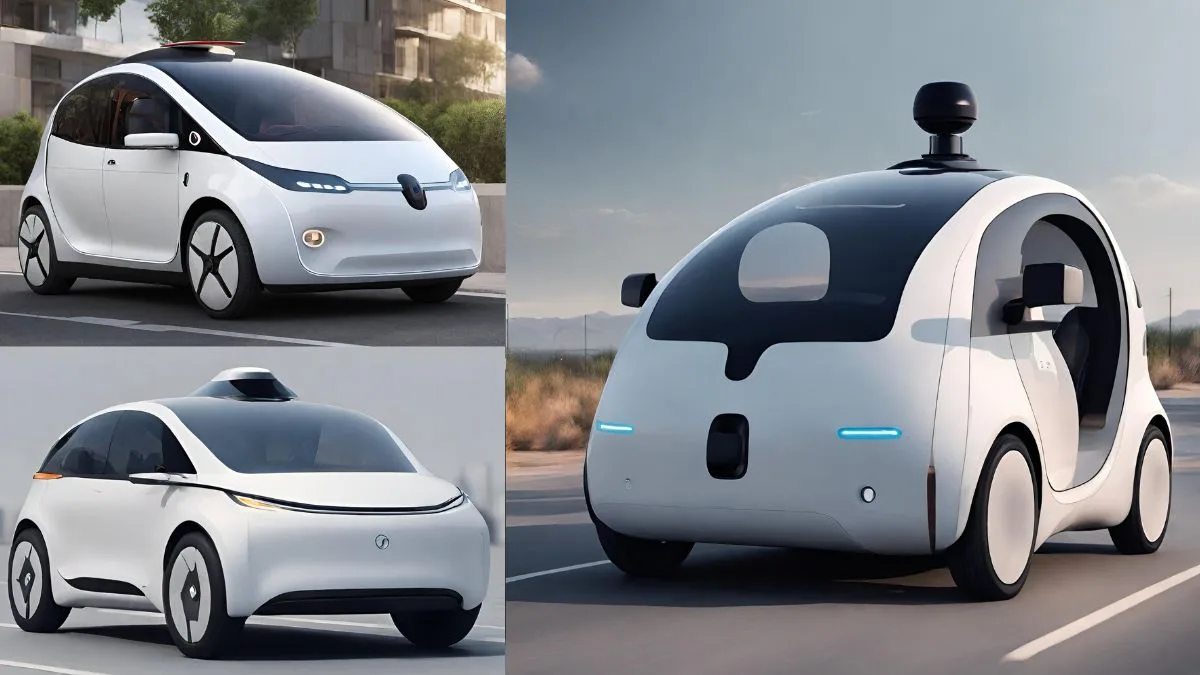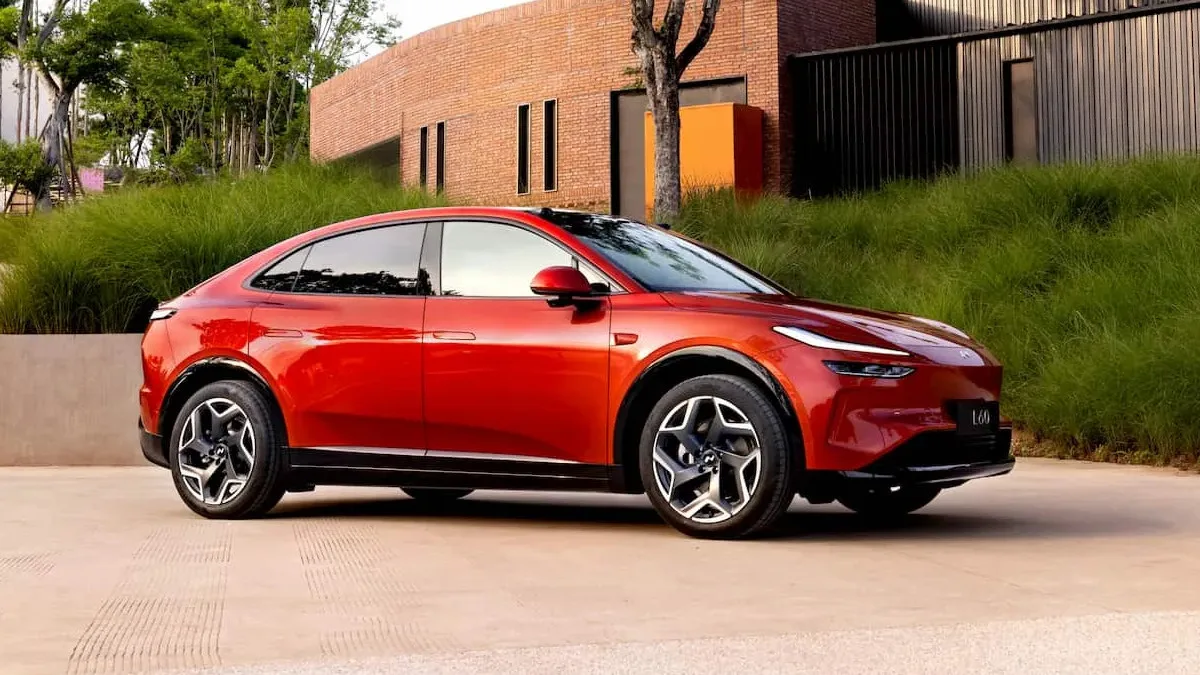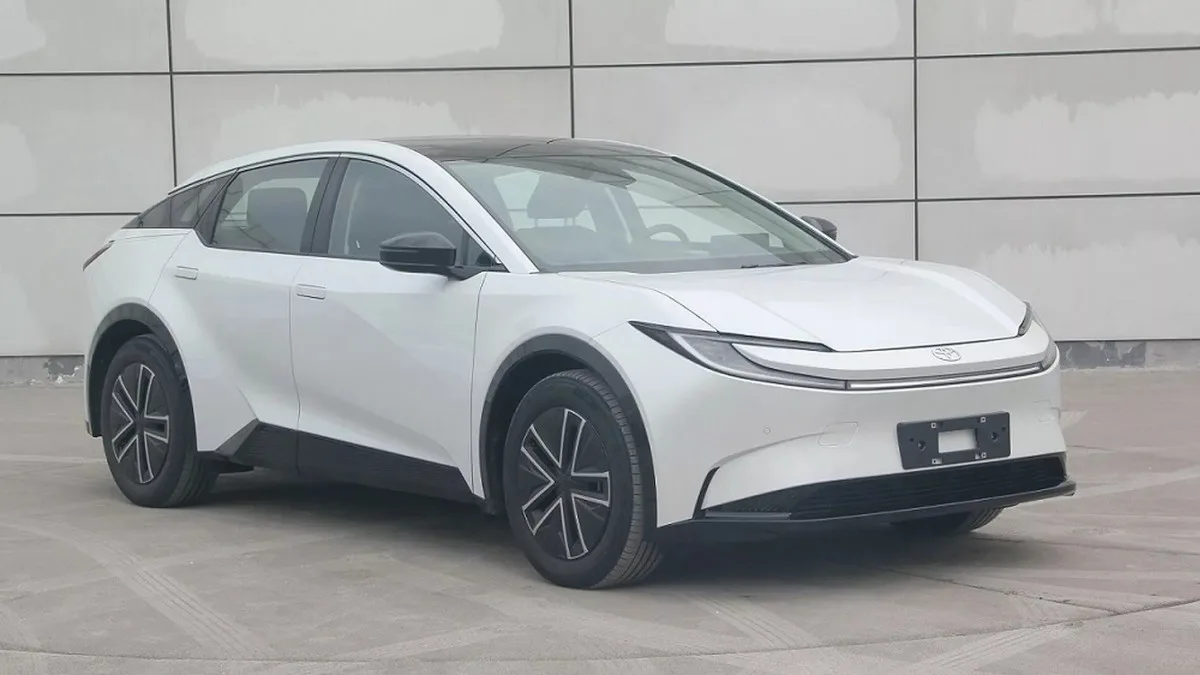Self Driving Electric Cars: A Green Revolution on India’s Horizon?India, a nation grappling with traffic congestion and air pollution, is looking towards electric vehicles (EVs) as a sustainable solution. But the future of mobility might hold an even more transformative technology: self-driving electric cars. Combining the environmental benefits of EVs with the potential for safer and more efficient transportation, self-driving cars have the potential to revolutionize Indian roads. Let’s explore the exciting possibilities and challenges that lie ahead for this emerging technology.
Self-Driving Electric Cars: Environmental Boon & Reduced Traffic Woes
India’s growing dependence on fossil fuels is a major contributor to air pollution. Electric cars, powered by batteries and charged with renewable energy sources, offer a cleaner alternative. Self-driving technology, with its ability to optimize routes and avoid human error, can further enhance this eco-friendliness by reducing traffic congestion and fuel consumption.
Safety First: Potential to Save Lives
Road accidents are a leading cause of death in India. Self-driving cars, programmed to follow traffic rules and react faster than humans, could significantly reduce accidents caused by drunk driving, fatigue, or distracted driving. This technology has the potential to save countless lives on Indian roads.
Increased Mobility and Efficiency
Self-driving cars can improve accessibility for people who cannot drive due to age, disability, or other reasons. They can also lead to more efficient use of vehicles, with ride-sharing services becoming more prevalent. Imagine calling a self-driving electric car for your daily commute or errands, freeing yourself from the stress of parking and navigation.
Challenges and Roadblocks to Adoption
Despite the promising outlook, significant hurdles need to be overcome before self-driving electric cars become a common sight in India.
- Infrastructure Development: India’s current road infrastructure, with its uneven surfaces, unpredictable traffic patterns, and lack of lane markings, presents a challenge for self-driving car technology. Significant investment is needed in creating a network of smart roads equipped with sensors and communication systems.
- Regulation and Legal Framework: The legal framework around self-driving cars is still evolving globally. India needs to establish clear regulations on liability, insurance, and safety standards for autonomous vehicles.
- Consumer Acceptance and Affordability: Building trust in self-driving technology will be crucial for widespread adoption. Additionally, the initial cost of these vehicles is likely to be high, potentially limiting their accessibility for a large segment of the Indian population.
The Road Ahead: Collaboration and Innovation
The future of self-driving electric cars in India hinges on collaboration between the government, automakers, tech companies, and infrastructure developers. Investment in research and development, coupled with pilot projects in controlled environments, will be essential for testing and refining the technology.
Self-Driving Electric Cars: A Sustainable and Safer Future
While there are challenges to overcome, the potential benefits of self-driving electric cars are undeniable. This technology has the potential to transform India’s transportation landscape, making it cleaner, safer, and more efficient. By embracing innovation and addressing the challenges head-on, India can position itself as a leader in the development and adoption of this revolutionary technology.
Image Credits: AI-Generated Through Canva
Discover more from Wheels Craze - Automotive News, EV News, Car News, Bike News
Subscribe to get the latest posts sent to your email.





